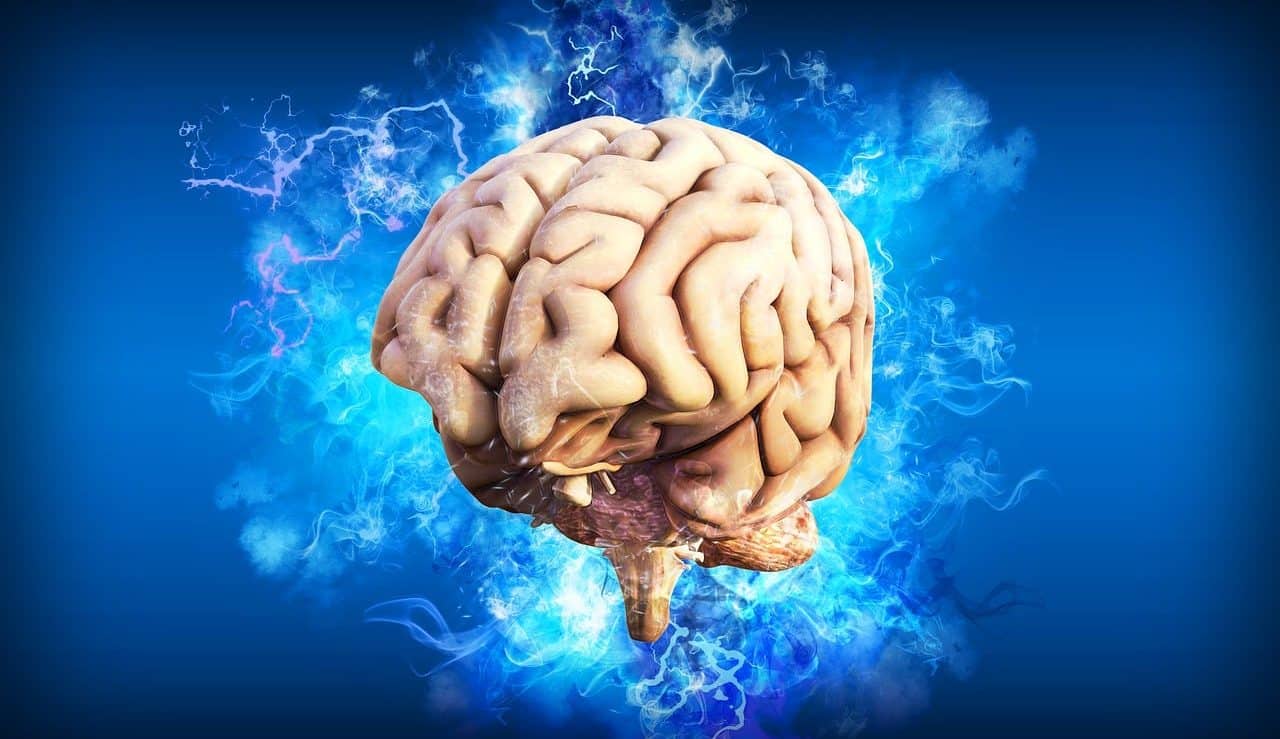
Psychobiology studies behavior based on biological criteria.
Psychobiology is a term that is not part of the dictionary of the Royal Spanish Academy (RAE) . The concept, in any case, is usually used to name the discipline that applies criteria and notions of biology in the study of the behavior of people and animals.
Also called biopsychology , psychobiology combines tools from biology and social sciences to understand the processes that develop in the mind. These processes are linked to what happens in the brain , an organ that can be studied from biological criteria .
Characteristics of psychobiology
Psychobiology, therefore, appeals to biology and neurology to offer explanations about behavior. As he considers the processes of the mind as organic processes , he develops his theories and explanations based on the scientific method .
It can be said that psychobiology is a psychological discipline that studies human behavior considering that it is a biological property that allows establishing a direct relationship with the environment, both at an active and adaptive level, and that is shaped by evolution.
Starting from all these premises, students who go to university to study Psychobiology come across a career where they have to face subjects such as psychopharmacology , developmental psychobiology , physiological psychology , behavioral ecology , cognitive neuroscience and biological foundations of the behavior.

Psychobiology analyzes the functioning of the mind as a consequence of organic processes.
The study of behavior
It is important to know that when it comes to carrying out a psychobiological explanation of the behavior of any specific being, a series of fundamental aspects must be taken into account, such as the stimulus, the characteristics of the organism itself, its neuroendocrine system...
A psychobiologist can analyze and describe behaviors. In this way, they are able to apply their knowledge to treat behavioral problems through action on their biological substrate. We must not forget that psychobiology considers psychological processes from the biological system, taking the organism as a unit.
Just as it understands that psychological behavior is related to biology, psychobiology also takes the evolution of behavior as a question linked to genetics . Similarly, emotions, motivations and certain mental disorders are studied from the neurobiological aspects that determine them in concrete and specific mental processes.
Psychobiology, on the other hand, also analyzes addictions since it studies the psychotropic actions of substances and how they modify behavior.
Subdisciplines of psychobiology
It should not be overlooked that within psychobiology there are also different equally important and significant subdisciplines such as these:
- Behavioral genetics.
- Developmental psychobiology.
- Sociobiology, which comes to study what is the biological basis of social behavior but based on or in reference to the well-known theory of evolution.
- Ethology, which comes to analyze the aforementioned behavior from an adaptation point of view.
- Psychophysiology.
- Psychopharmacology, which studies how drugs can influence behavior when faced with certain stimuli and even certain situations.
- Physiological psychology.
